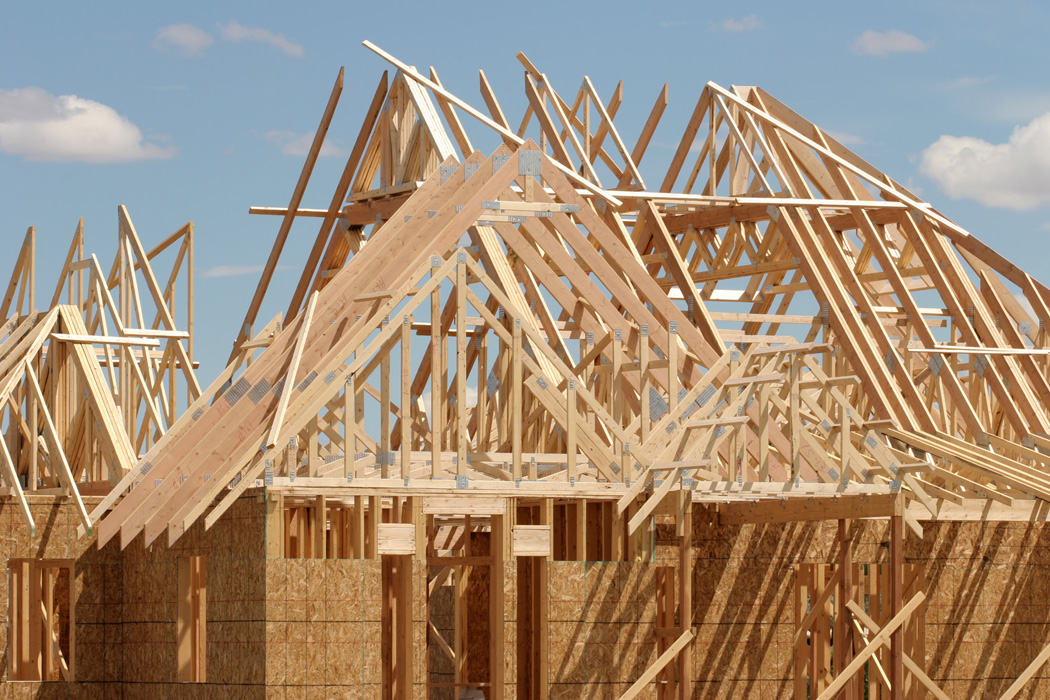- Avoid unlicensed contractors in areas of the State where a license is required. Unlicensed contractors are operating illegally in those areas.
- Avoid contractors who show up at your doorstep unannounced or contact you through telemarketing.
- Avoid contractors who use high-pressure sales pitches or whose promises appear "too good to be true."
- Avoid contractors who don't supply references or whose references can't be reached.
- Avoid contractors who tell you there's no need for a written contract. By law, all contracts for $500 or more must be in writing, but it's a good idea to get a written contract even for smaller projects.
- Avoid contractors who only have a P.O. Box address or a cell phone number.
- Avoid contractors who do not supply proof of insurance.
- Avoid contractors who ask you to get required building permits. It could mean that the contractor is unlicensed or has a bad track record, and is therefore reluctant to deal with the local building inspector. However, you should verify with your local building department that all necessary permits have been obtained by the contractor.
- Be wary of contractors who ask for money to buy materials before starting the job. Reliable, established contractors can buy materials on credit.
- Avoid contractors who demand payment in cash or want full payment up front, before work has begun. Instead, find a contractor who will agree to a payment schedule providing for an initial down payment and subsequent incremental payments until the work is completed.
- Always withhold final payment until you have completed a final walk through, approved of all the completed work, and all required inspections and certificates of occupancy have been delivered to you.
Learn about rip-offs and common tools and lines of persuasion used by some unethical contractors by reading the New York State Department of State Division of Consumer Protection's Consumer Tool Kit to Home Improvement.




